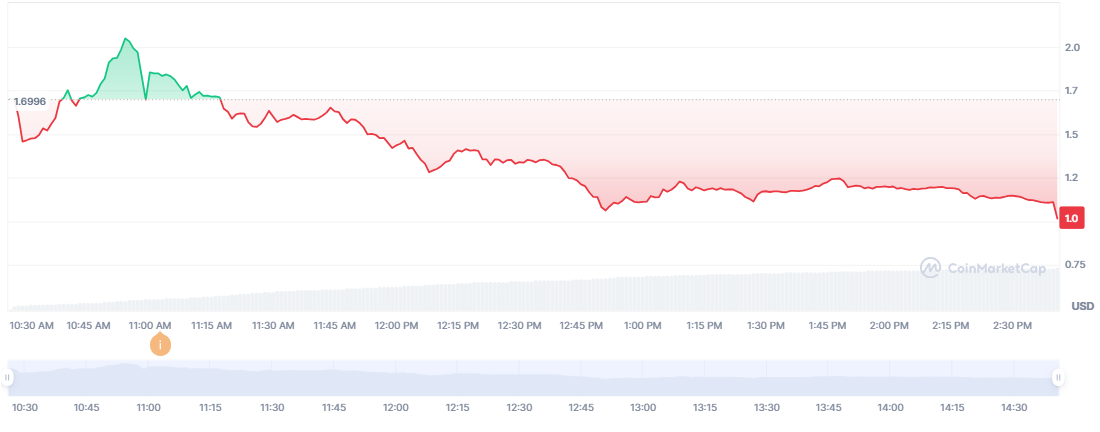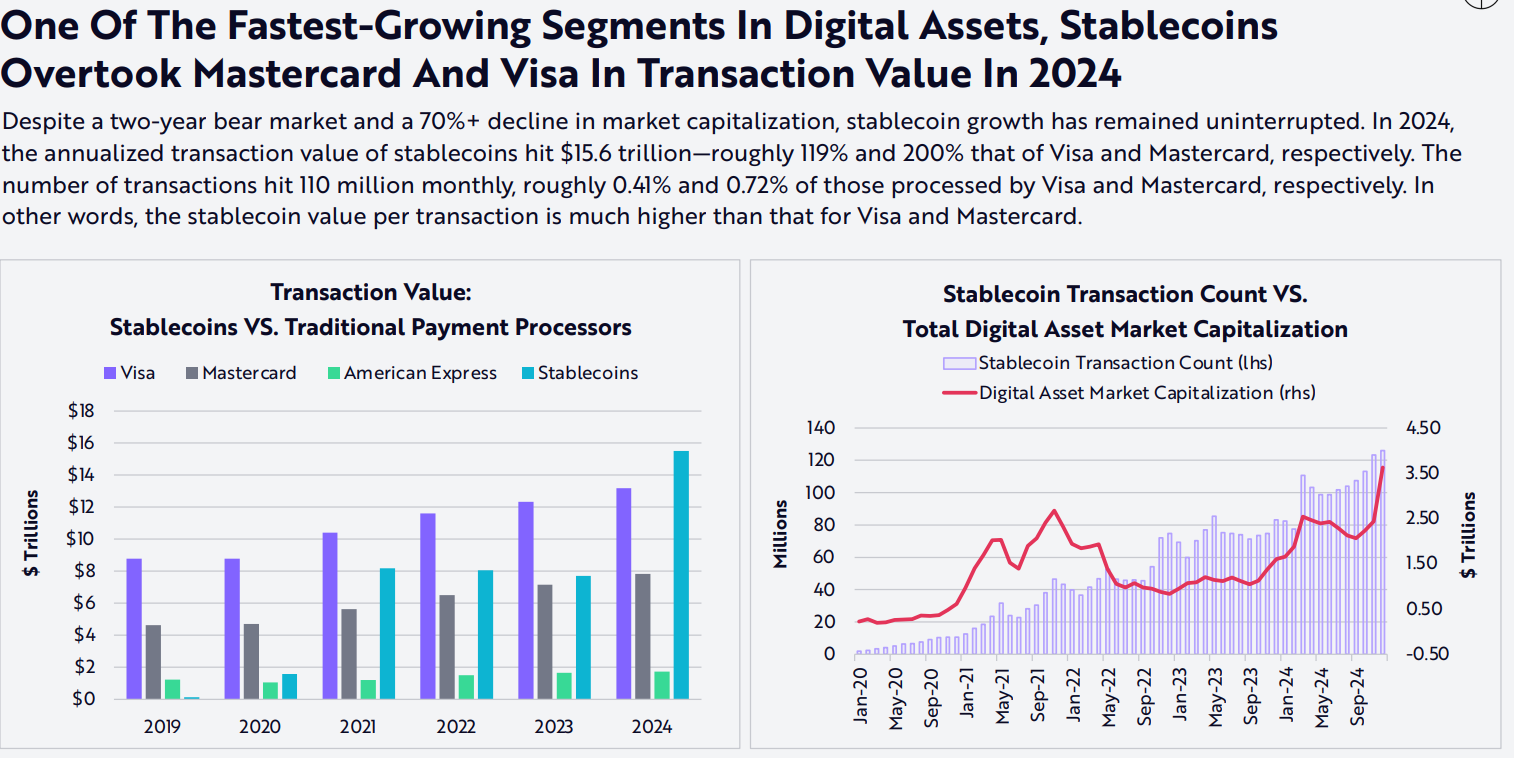Solana beats Ethereum’s economy for the first time in October
The Solana network has been closing the gap with Ethereum as key metrics indicate a rise in market share revenue in 2024.
A bullish report published on Nov. 12 by hedge fund Syncracy Capital claims that Solana now rivals Ethereum in nearly all major economic metrics, showing consistent growth over the past few months.
According to the report, Solana’s real economic value (REV) was 111% of Ethereum’s REV in October 2024, up from 1% in the same period last year. The metric includes transaction fees and maximal extractable value (MEV) tips paid to validators, indicating the network’s economic activity.
Another metric the hedge fund used to evaluate Solana’s growing popularity is the total application revenue, which refers to fees paid to protocols and applications built on a layer-1 blockchain, such as Solana and Ethereum. Solana’s TAR was 109% of Ethereum’s in October 2024, compared to 1% a year ago.
Source: Token Terminal/Syncracy Capital
Solana’s surge in economic activity is mainly backed by the memecoin mania, with several new memecoins gaining traction within the ecosystem in October. Notable performers include Goatseus Maximus (GOAT), which skyrocketed to a market cap of $400 million in just one week. Other strong gains came from SPX6900 (SPX), up 379%, Apu Apustaja (APU), up 170%, and FWOG, climbing 134% last month.
This surge in interest has led to higher network volumes, fees, and total value locked (TVL). According to data from DefiLlama, Solana’s TVL reached a two-year high of over 42 million Solana (SOL) on Oct. 26, marking a 13% month-over-month increase — while Ethereum’s TVL remained flat at 17.7 million ETH locked.
Related: Solana price hits 2+ year high — Is a new SOL all-time high on the way?
Memecoin speculation is a stress test
While Solana’s memecoin activity has sparked debates about its long-term sustainability, Syncracy views the speculative trend as a valuable stress test for the network’s reliability:
“This phenomenon of onchain speculation is exactly what happened during the birth of DeFi on Ethereum in 2020 as well. In either case what’s important is that experiments are conducted and infrastructure gets tested.”
Solana has a history of outages since its inception in 2020, with several hours of downtime over the past years. The most recent service interruption took place in February 2024 , when the network experienced a five-hour outage.
The network has also been attracting decentralized infrastructure (DePIN) protocols — blockchain-based networks that reward users for building and running real-world infrastructure.
“Notably, four of these unicorns – Helium, Render, IoNET, and Grass – are non-financial applications in the DePIN sector,” notes the report. Solana is the layer-1 blockchain for nine unicorns, compared to 18 unicorns on Ethereum.
Application unicorns exclude stablecoins, memecoins and L2s. Source: Token Terminal, DediLlama and Syncracy Capital
In a previous interview with Cointelegraph, Solana Foundation executives said the network plans to release a full version of the Firedancer upgrade in 2025 to accommodate its growing activity.
Magazine: Most DePIN projects barely even use blockchain — True or false?
Disclaimer: The content of this article solely reflects the author's opinion and does not represent the platform in any capacity. This article is not intended to serve as a reference for making investment decisions.
You may also like
Pi Network Launch Sends Pi Coin Price on a Rollercoaster Ride

Hedera Struggles to Maintain Momentum After 40% Correction

Bitcoin’s Supply Trends Mirror 2021: What It Means for Price

Crypto Price Today (Feb 20, 2025): Bitcoin Reclaims Above $97k, XRP Pumps

